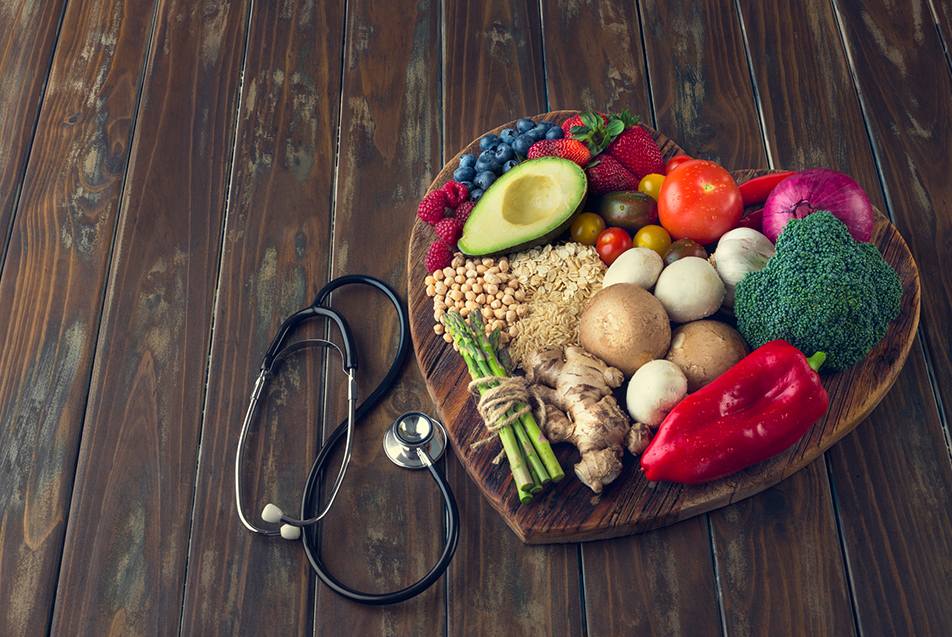It’s Cholesterol Education Month, and Roy Robertson, MD, PPG – Cardiology, is here to explain the basics and balancing act of this necessary lipid.
What is cholesterol?
Cholesterol is a fatty substance present in many of the body’s hormones. Most cholesterol is produced in the liver, but the substance is also acquired from foods, such as meat and dairy products.
Types of cholesterol
Triglycerides
Triglycerides are a type of fat found in the blood that comes from simple carbohydrate metabolisms, such as those we see after consuming refined white sugar.
High-density cholesterol (HDL)
HDL is “good” cholesterol. A healthy level of HDL may protect you from heart attack and stroke. Medical experts tend to think that HDL carries cholesterol away from the arteries and back to the liver where it is passed from the body.
Healthy level for men 40 mg/dL or higher
Healthy level for women 50 mg/dL or higher
Low-density cholesterol (LDL)
LDL is the “bad” cholesterol and is produced naturally by your body. When too much of it is in the blood, it can build up and clog arteries, which can cause heart attack or stroke. Your hereditary and saturated or trans fats in the food you eat can cause you to have high levels of LDL.
It’s important to differentiate between the good and bad and then identify what we need to do with diet and other therapies, such as medications, etc. to help influence the cholesterol level.

Family history
Cholesterol is measured in context and that can dictate what your cholesterol should be. If you have zero risk factors and your LDL cholesterol is 125, that might be perfectly fine. If you have risk factors, your goal is going to be different than someone with no coinciding factors.
Diet
It’s important to be mindful of the fatty content in your diet. When we consume saturated fats, such as baked goods, the body then metabolizes that through the liver, which results in the production and release of cholesterol into your system. Aim to incorporate a healthy balance of lean protein and plenty of fruits and vegetables.
Exercise
We need to exercise to support out muscles so they metabolize cholesterol in a healthy manner. Strive for a balance of cardiovascular, strength training and stretching.



